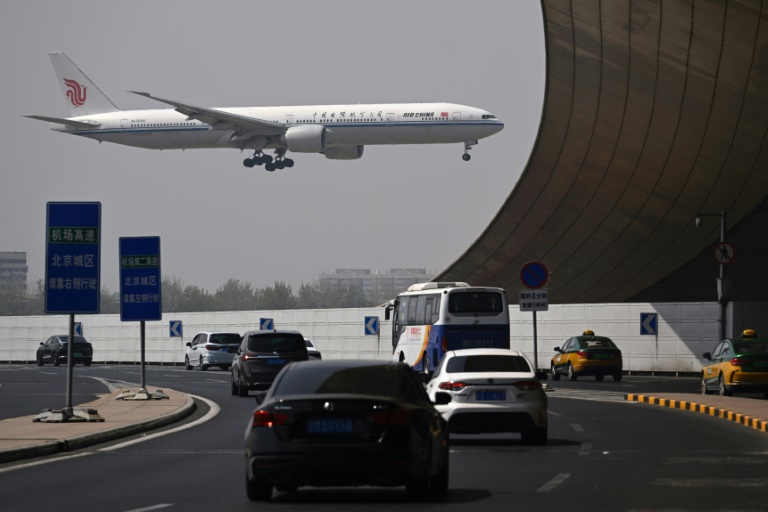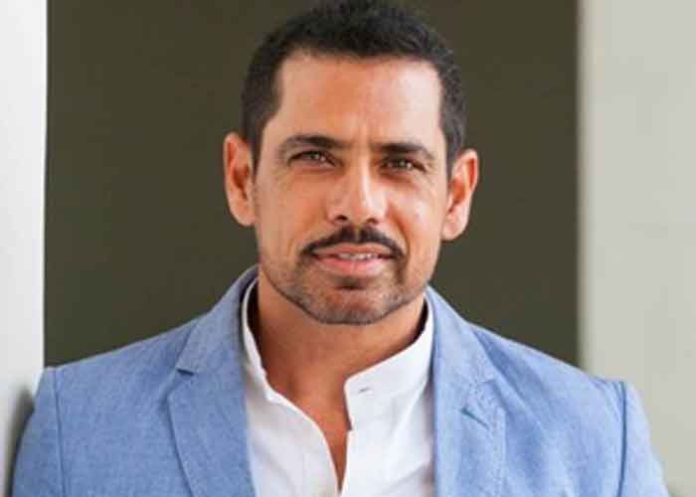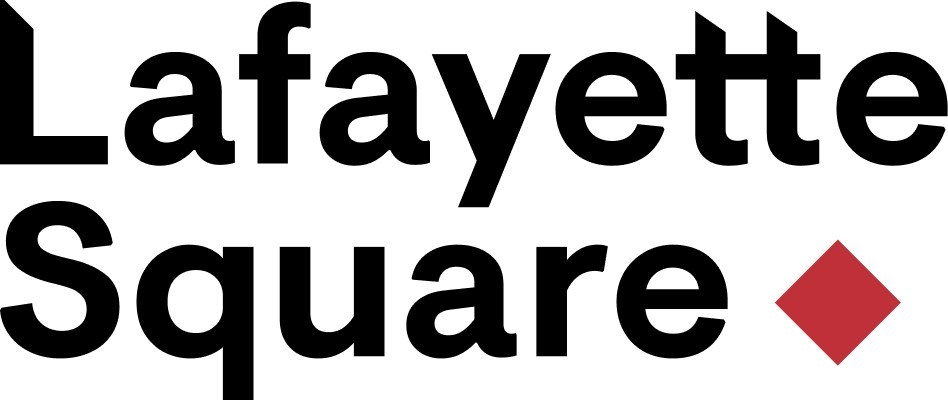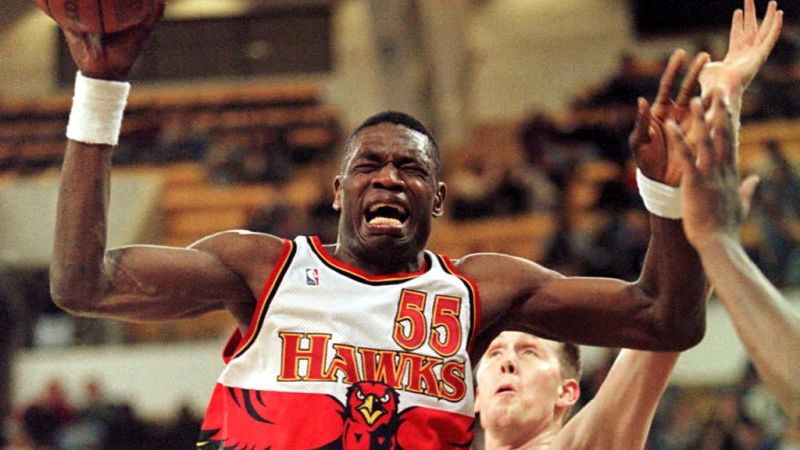Michael Wekerle, owner of the iconic Toronto music venue The El Mocambo, photographed in front of the stage before the club's re-opening on Oct. 30, 2021. Wekerle purchased the venue in 2014 for $3.
8-million and ended up spending more than $30-million on renovations. Chris Young/The Canadian Press Toronto’s storied El Mocambo music club will be under the watch of a financial monitor after owner and former Dragons’ Den star Michael Wekerle defaulted on some $55.6-million in debt through companies he controls.

At a hearing before Ontario’s Superior Court of Justice on Thursday, lawyers for Mr. Wekerle and financial lender Waygar Capital Inc. agreed to allow corporate restructuring and insolvency firm Fuller Landau LLP to monitor the operations of the El Mocambo for a period of time to better understand the business and determine whether it should remain open in the event of a receivership.
Waygar, which is based in Toronto, filed a court application in January requesting the receivership, saying that Mr. Wekerle had failed to make any payments on the debt since June, 2021. Mr.
Wekerle had secured the loans partly for working capital and to undertake renovations at the club, which was in poor shape when he purchased it. Receivership is a process in which a third party takes control of assets in order to repay creditors, such as by selling property. On Thursday, lawyers for Waygar started by asking the court for an order appointing Fuller Landau as the receiver to take effect on Monday morning to allow events at the El Mocambo to occur over the weekend.
After that, operations would cease while a sales process got under way. Joseph Bellissimo, a lawyer with Cassels Brock & Blackwell LLP who represents Mr. Wekerle, said the El Mocambo has more than 60 events booked over the next three months.
“This is an operating business that’s a 75-year-old icon of the city. If it shuts down, that will be destructive to value,” he said. A lawyer for Waygar did not oppose the idea of a monitoring period, but suggested a few more events will not make much a difference in the value of the club.
“They keep the lights on to some extent, but the reality is the value in this is far beyond the management of a couple of events during a three-month period of sale,” said Steven Graff, a lawyer with Aird & Berlis LLP. Judge Peter Osborne suggested the idea of having Fuller Landau first oversee the club’s operations. It is not yet clear how long the monitoring arrangement will be in place – lawyers discussed a period of one or two weeks at the hearing – or if a receivership will immediately follow.
Even with court proceedings under way, Mr. Wekerle said in an interview Thursday that he has assembled a new ownership group to take over the El Mocambo, and has presented the plan to his lenders. “We are looking to bring the El Mocambo to a new level, with new ownership and management participation,” he said.
Mr. Wekerle previously told The Globe and Mail that he was looking to reduce his stake in the club, and let others run it. Mr.
Graff, the lawyer for Waygar, did not immediately respond to a request for comment about the offer. Alan Merskey, another lawyer for Mr. Wekerle with Cassels, did not oppose the request for receivership at a previous hearing on Tuesday.
He said there is some disagreement about the exact value of the debt, but acknowledged the amount is substantial. “It definitely exceeds the value of the asset in a very significant way,” he said. The El Mocambo has been a fixture in Toronto since it opened in 1948.
Mr. Wekerle purchased the venue in 2014 for just $3.8-million and ended up spending more than $30-million on renovations, including for new audio and video equipment to record live performances.
But the opening was significantly delayed, partly by the COVID-19 pandemic. Mr. Wekerle planned to charge high ticket prices to concert-goers to see big name artists perform in the club’s small, intimate setting.
Since reopening in 2021, the El Mocambo has struggled to attract marquee talent. “Everybody feels a fairly high level of nostalgia towards the asset,” Mr. Graff said at the Tuesday hearing.
“Hopefully it will have another life post this process, and ideally as a concert venue. But in the meantime, we need to take steps to get Waygar back its money.” Another venture of Mr.
Wekerle’s is also in financial trouble. The court placed a real estate company called Waterloo Innovation Network into receivership in February after Waygar filed a separate application. The company owns a building in Waterloo, Ont.
, and owes some $32.2-million, according to court documents. It also guaranteed the debt obligations of the El Mocambo.
The roughly $88-million loans to Mr. Wekerle’s business ventures were provided through the Canadian Senior Debt Fund managed by Ninepoint Partners in Toronto, which retained Waygar as a consultant for the fund..
Business

Toronto’s El Mocambo to keep lights on for now under court-appointed monitor
Future of iconic music venue remains in doubt after creditor asks for club to be put into receivership














